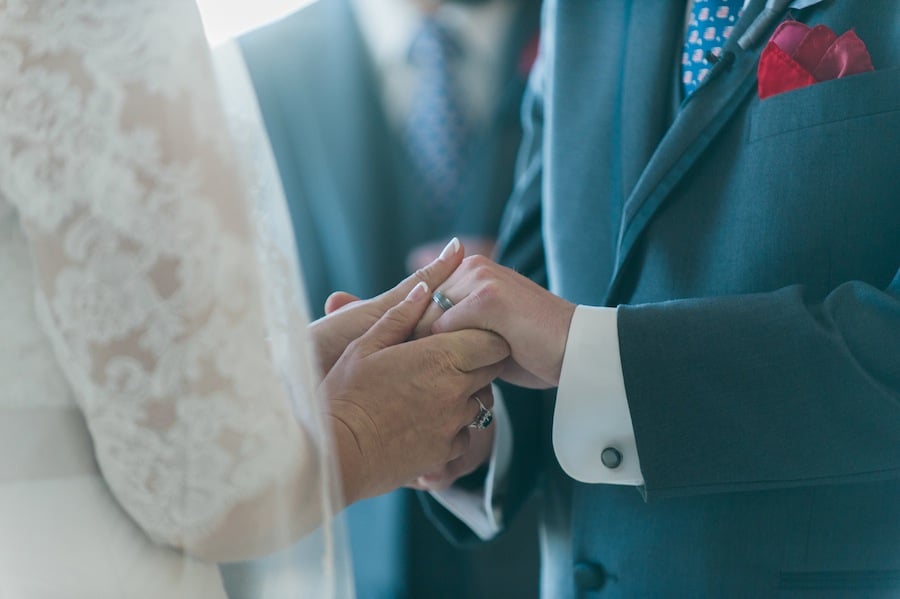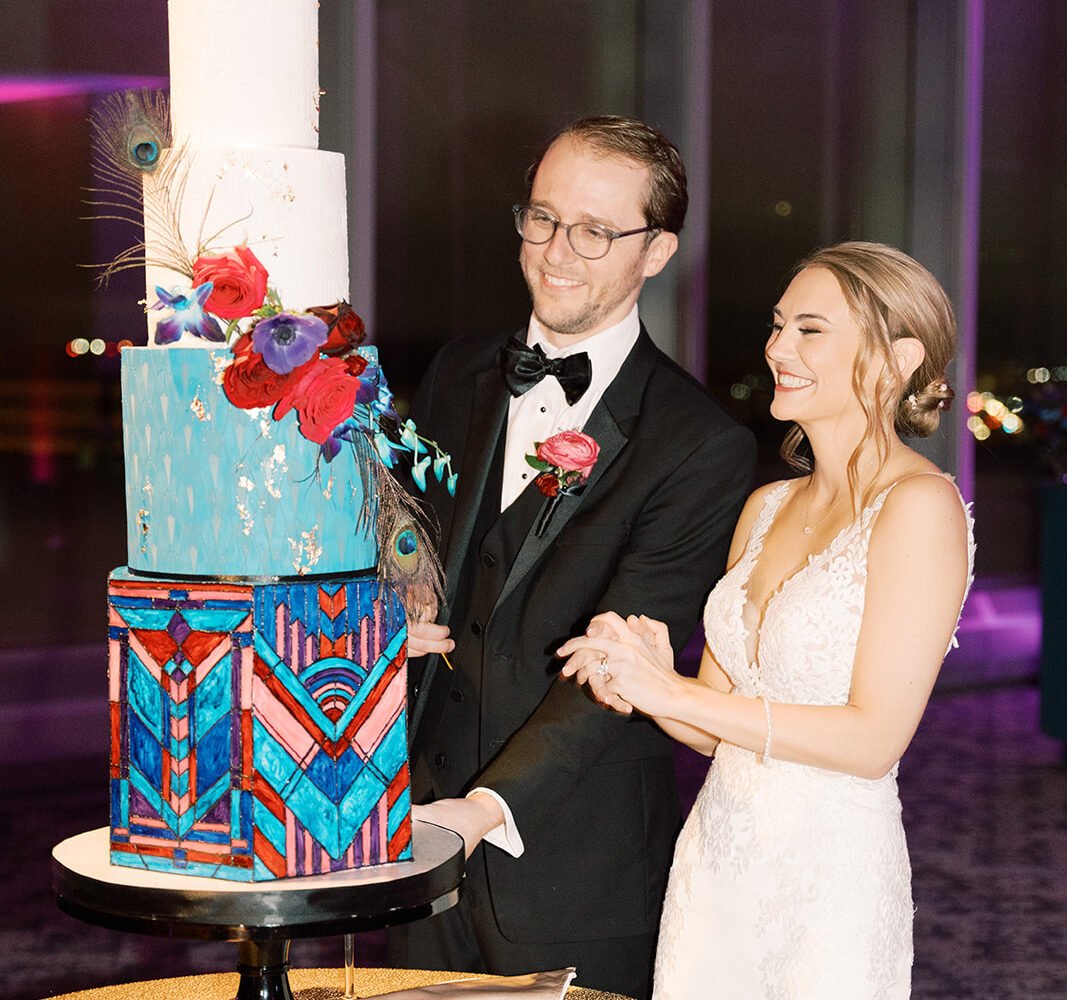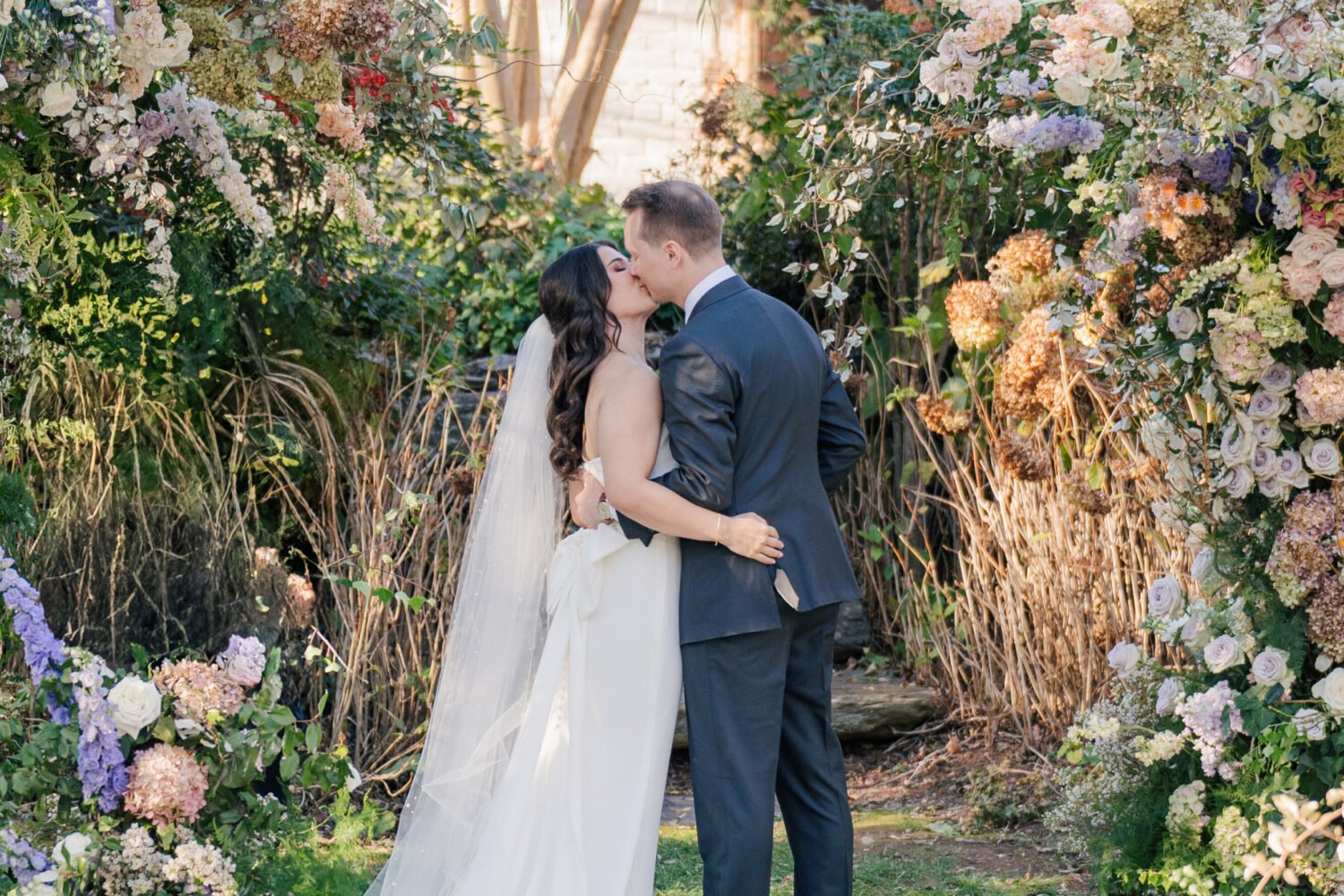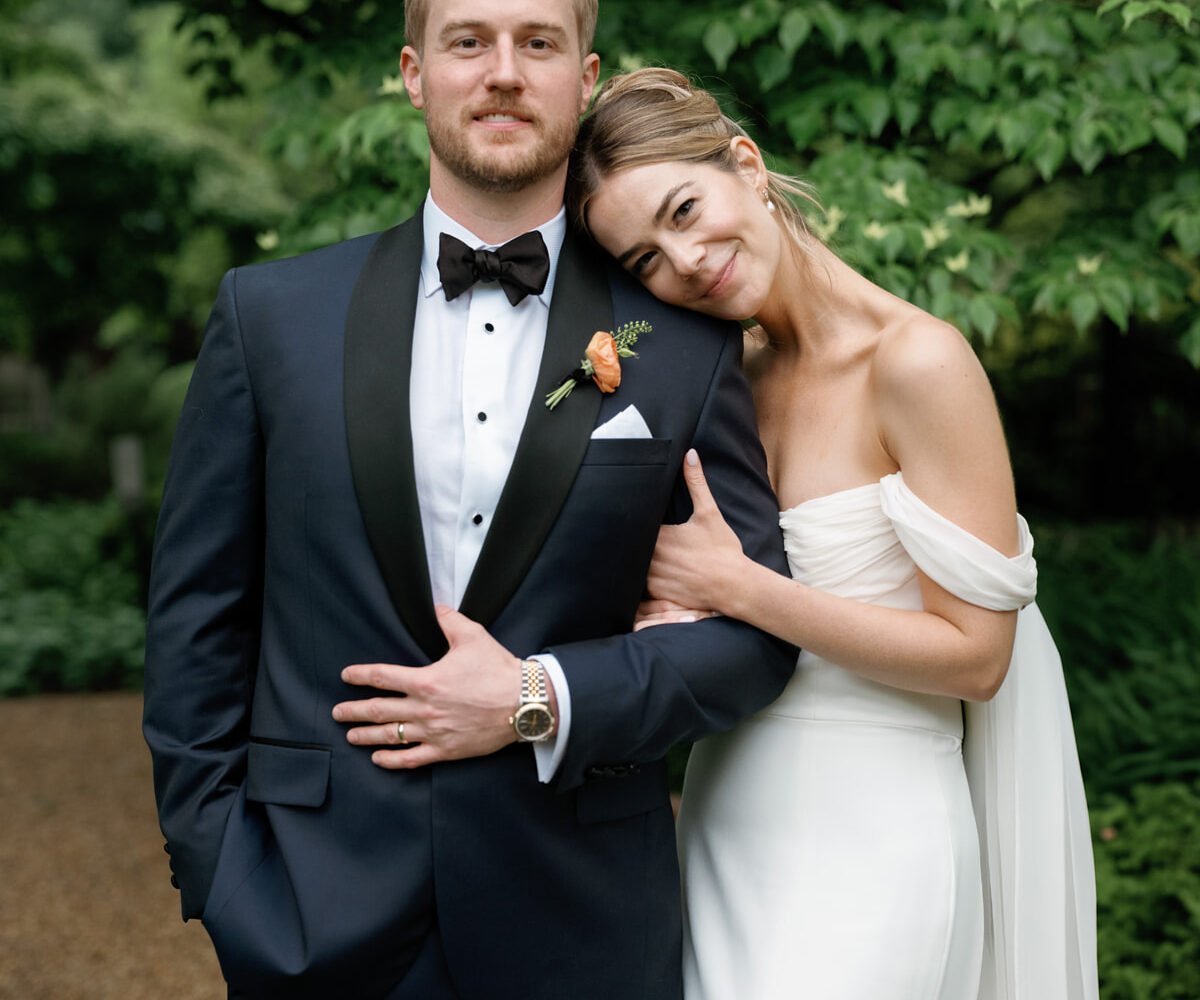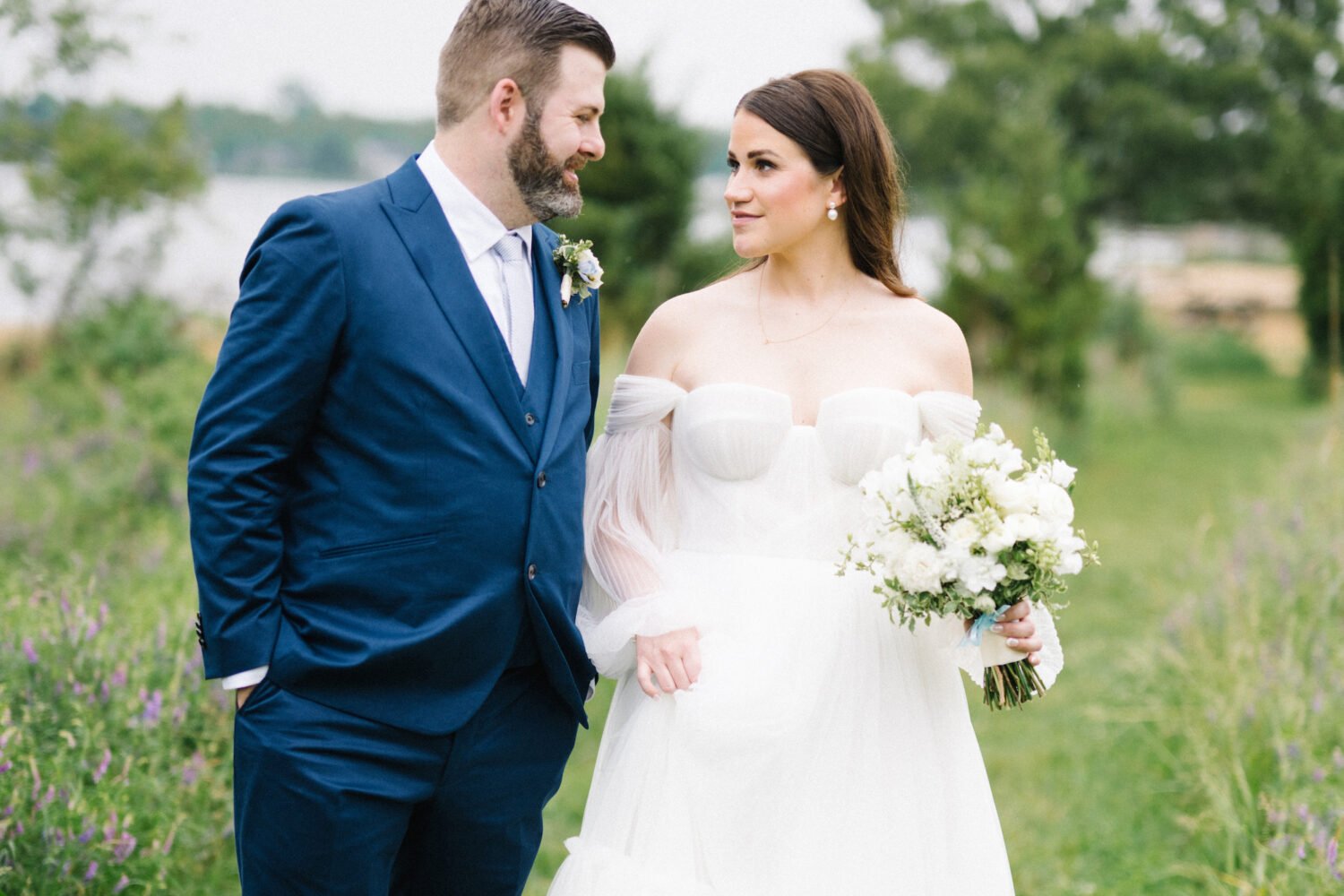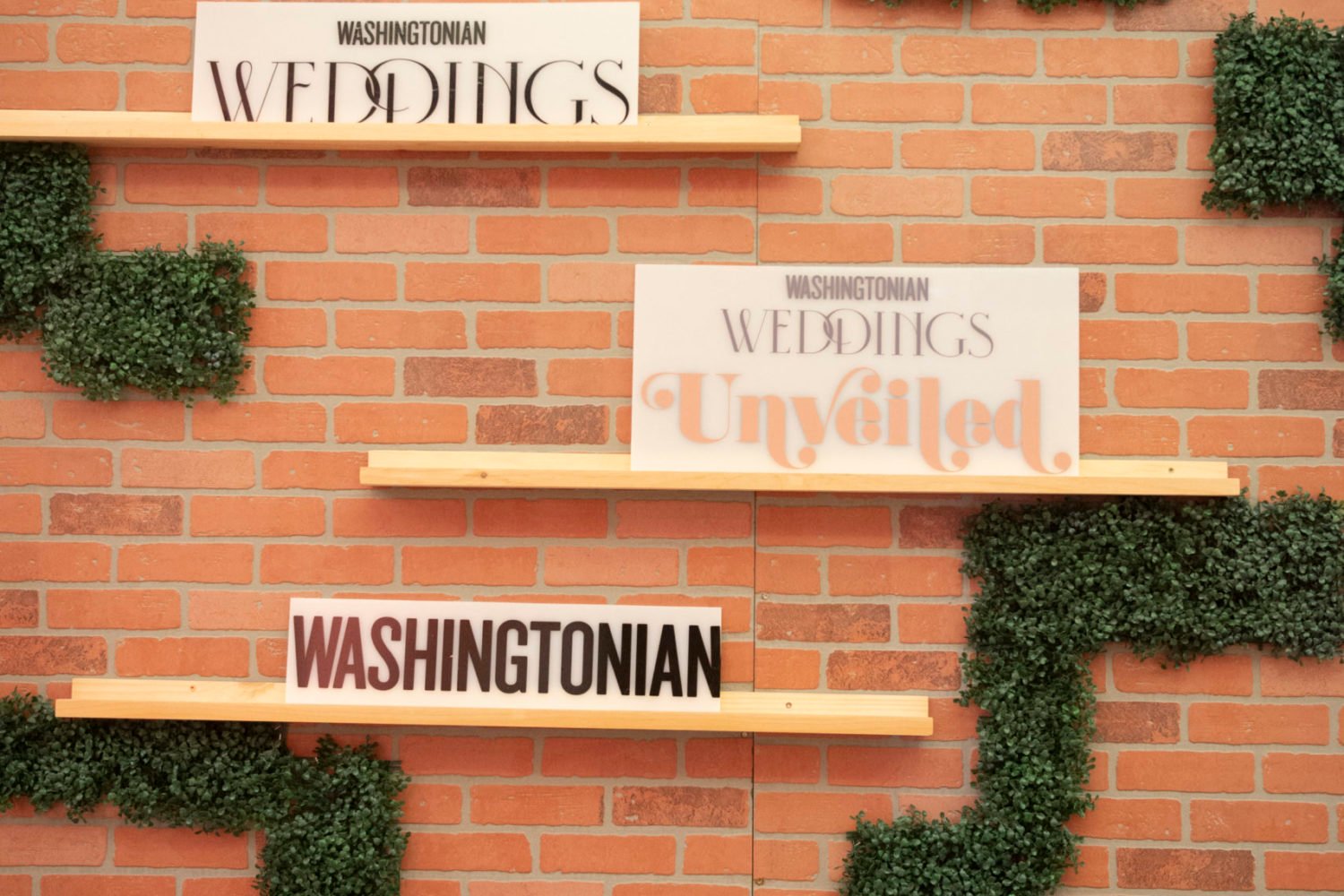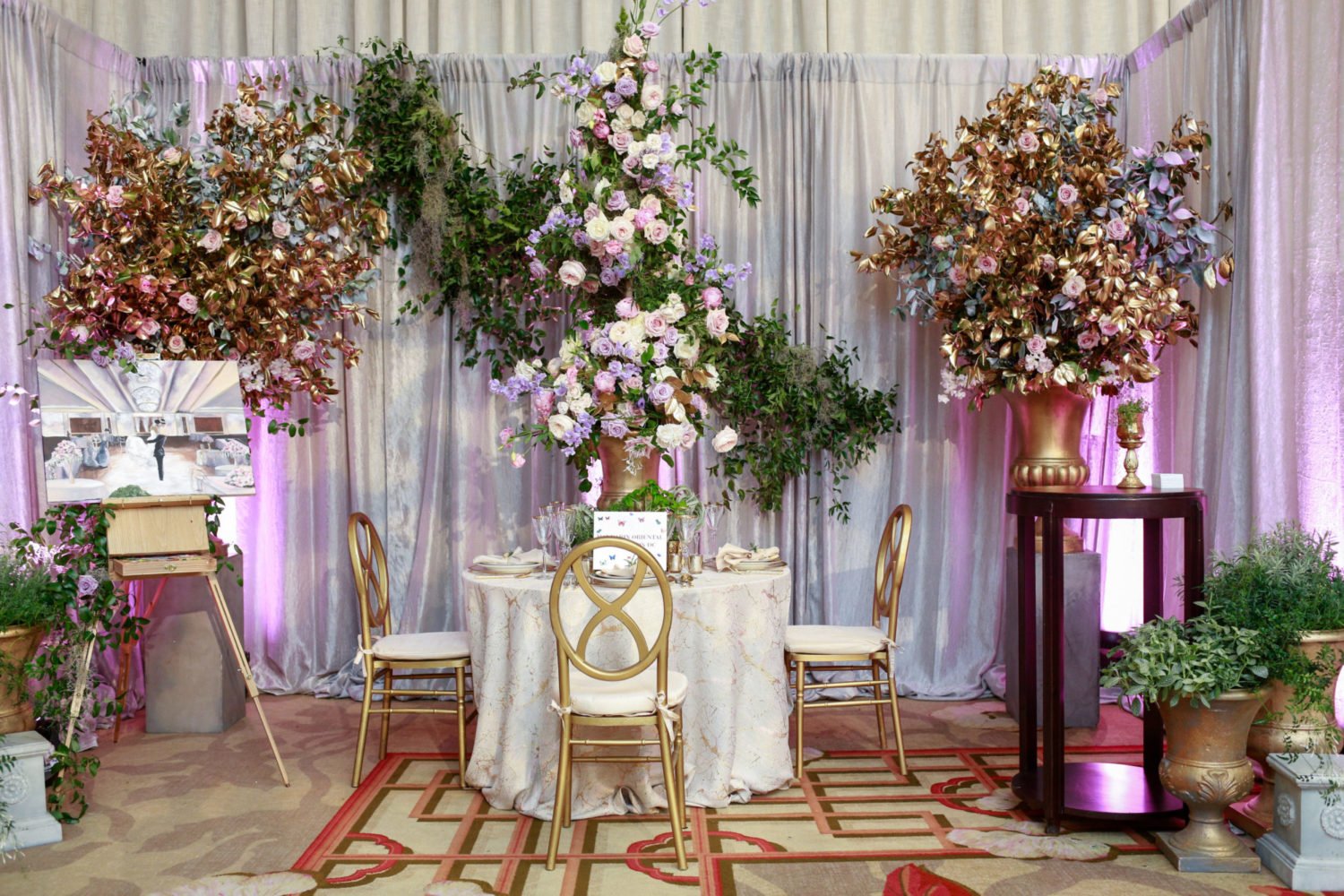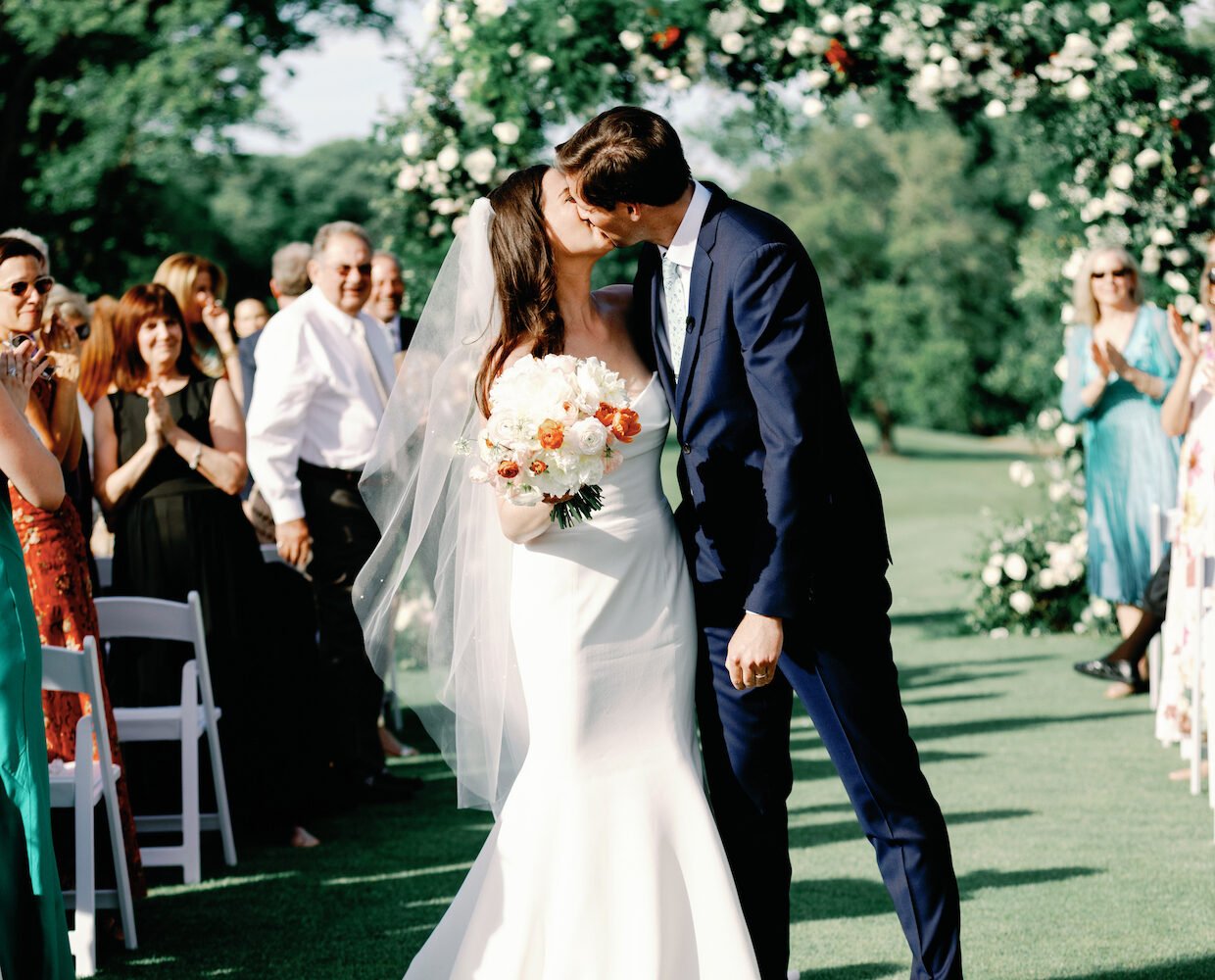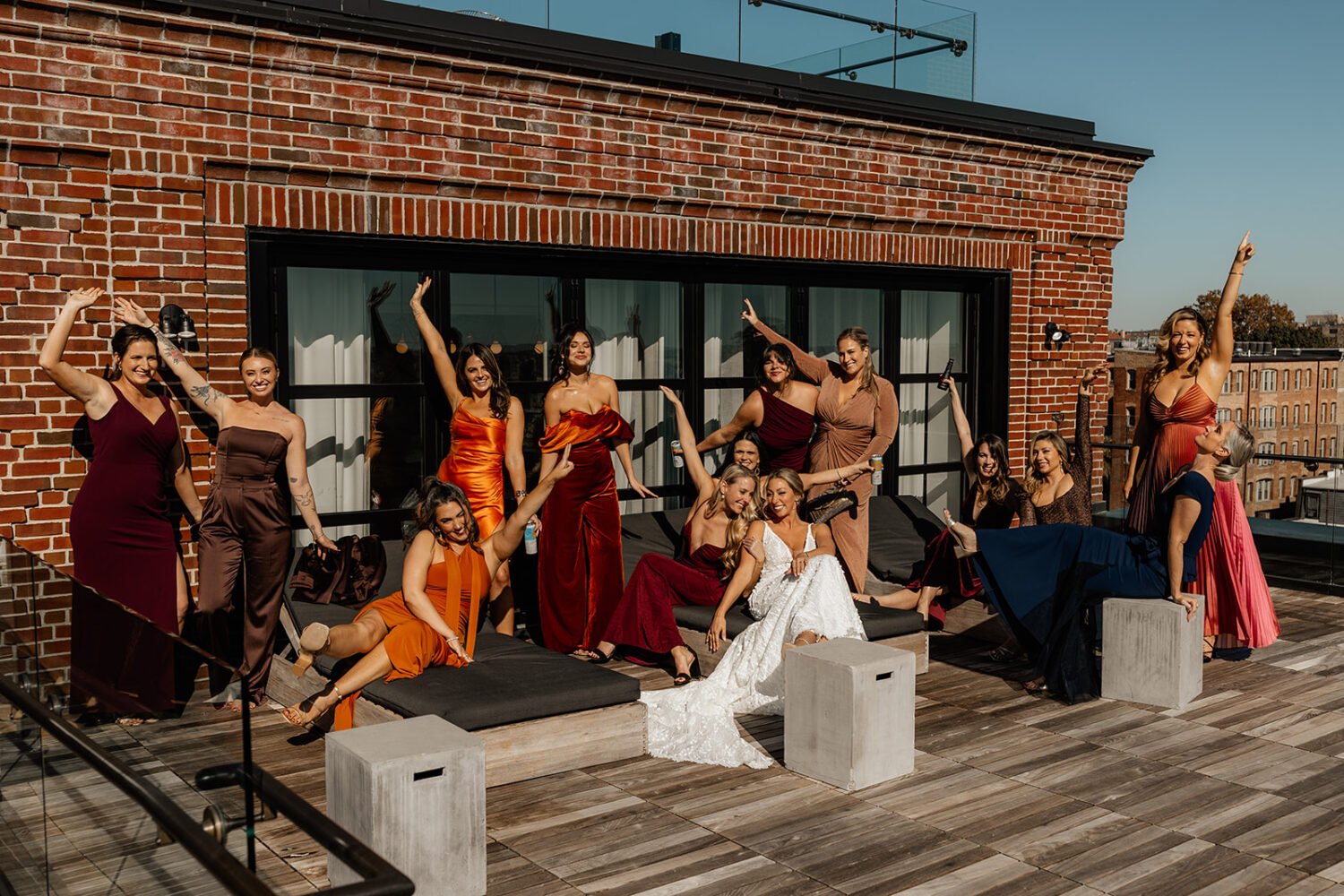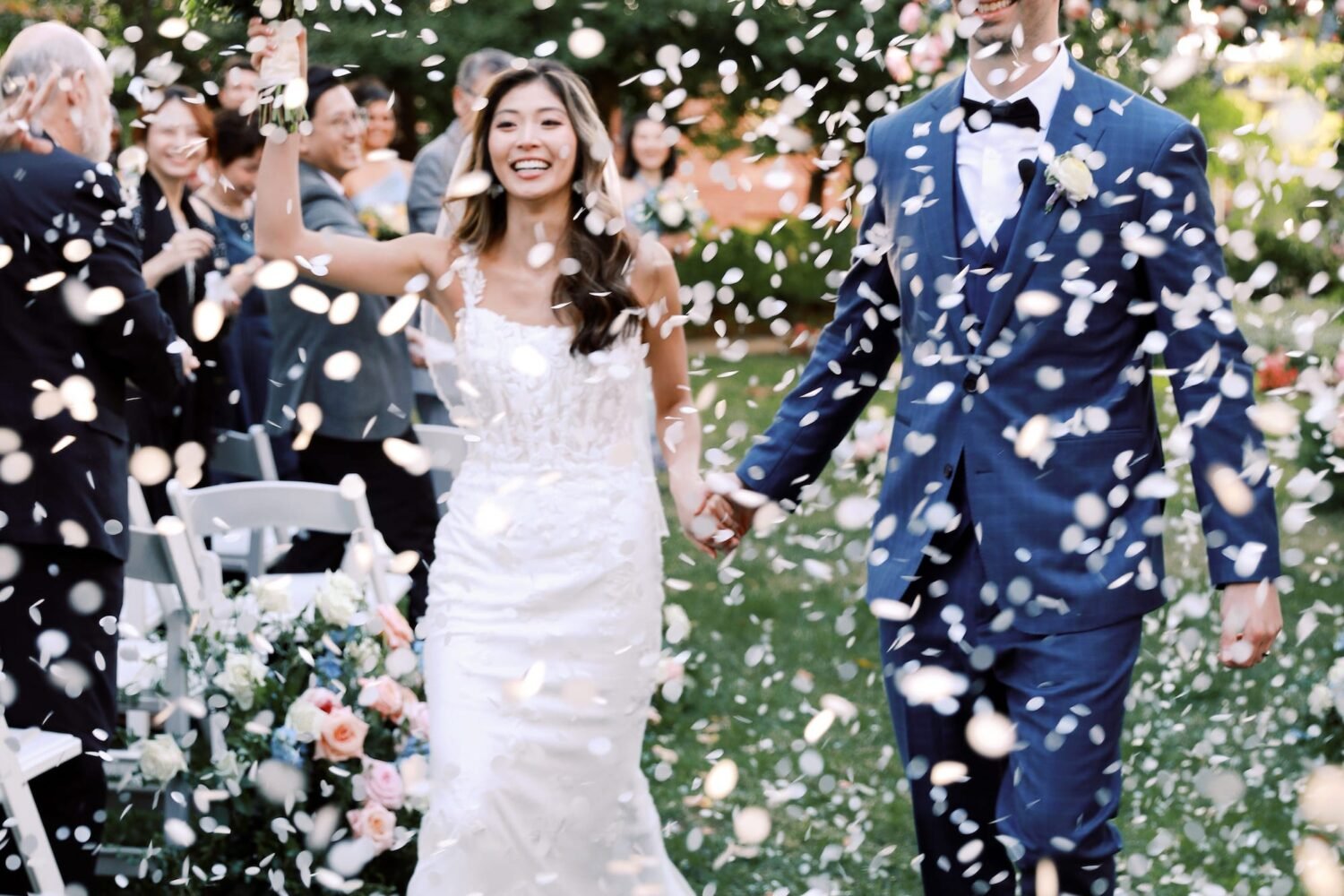Columbia native Reverend Laura C. Cannon was ordained in 2003, and as the owner of Ceremony Officiants, she has performed more than 1,000 ceremonies. Here are her insider tips to creating a ceremony program that is intimate and personal.
Find an officiant you feel comfortable with.
Ceremony Officiants has a team of more than 20 nondenominational officiants, so my first step is to match each couple with the right officiant. The factors we consider are the style of the ceremony, the couple’s religious or cultural preferences, and the personalities of the couple and the officiant. It’s important that each couple feels that their officiant “gets them” and will be able to create and deliver exactly the kind of ceremony that’s right for them.
Share your stories.
Most couples want to strike a balance between reverence and levity, so I encourage couples to include things that are both sentimental and humorous about their relationship. One of my favorite things to ask for is a “Top Five” list of the things they love the most about one another. It’s a great way to give guests a window into the relationship, and often leads to both laughter and tears for everyone in attendance.
Aim for the sweet spot between familiar and traditional.
A balance needs to be struck between the two. The ceremony should be a reflection of what the couple wants to say, but it should also feel sufficiently “ceremonial.” Many couples who try to write it themselves make the mistake of including too much personality and not enough structure. Experienced professionals can take a traditional ceremony and write it so it doesn’t come across like a stodgy, cookie-cutter script.
Remember: It’s all about the vows.
The couple’s vows are the entire reason for having a wedding in the first place. They lay the foundation for a marriage. Writing custom vows is a way to put some conscious intention into creating the type of marriage they want, and to agree upon the things their relationship means to both of them.

